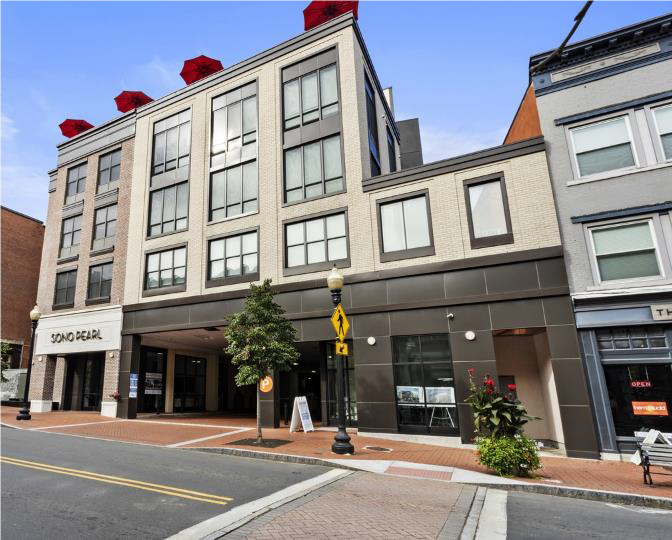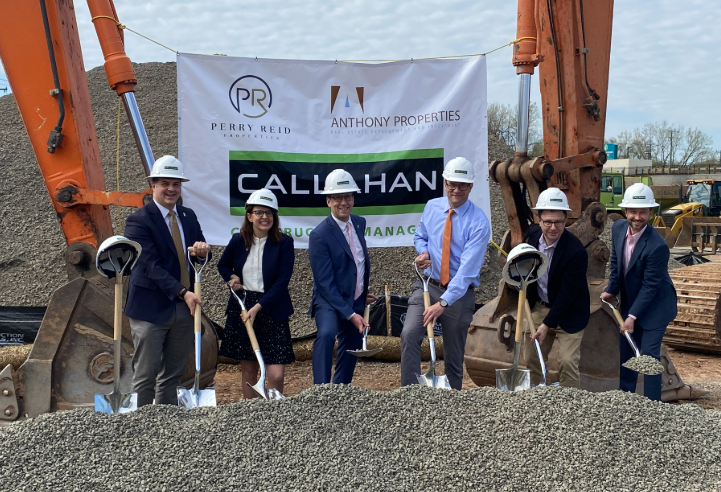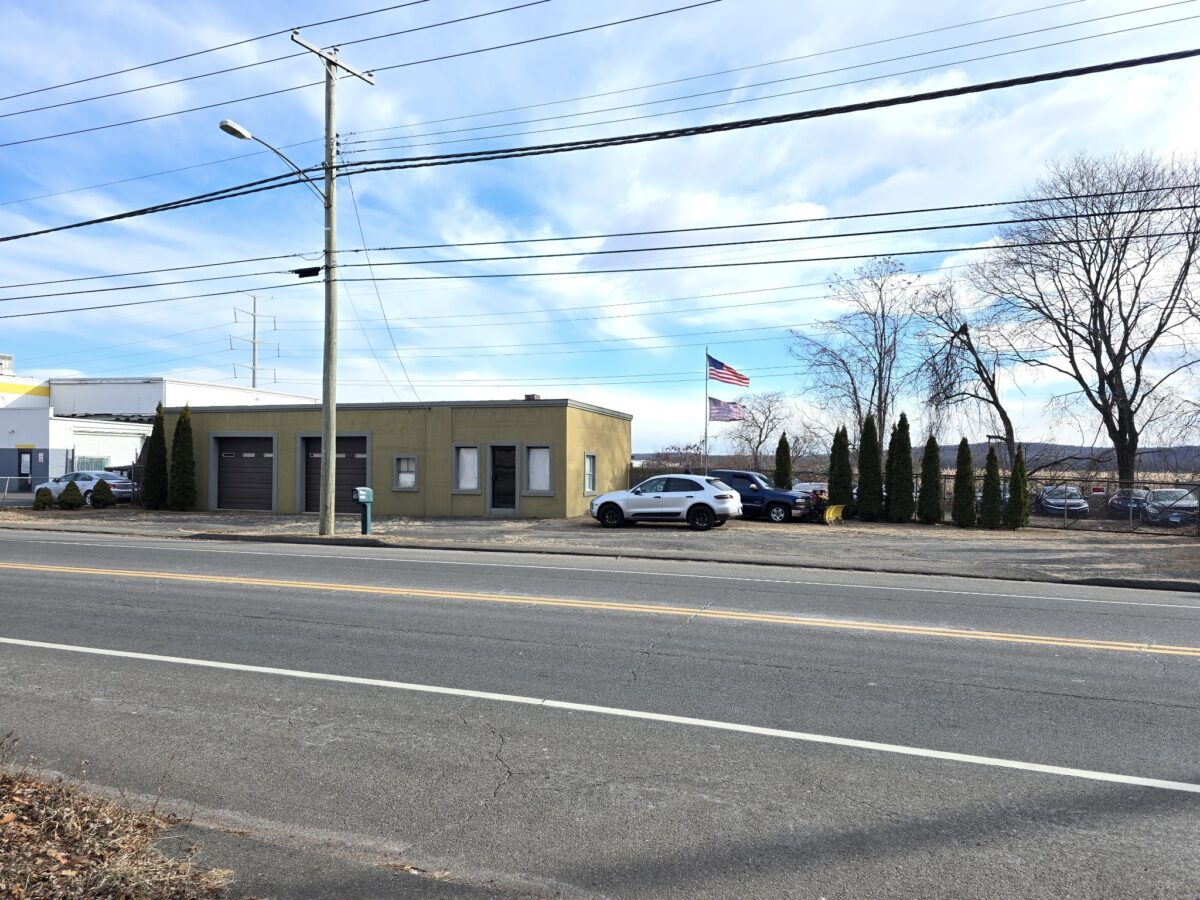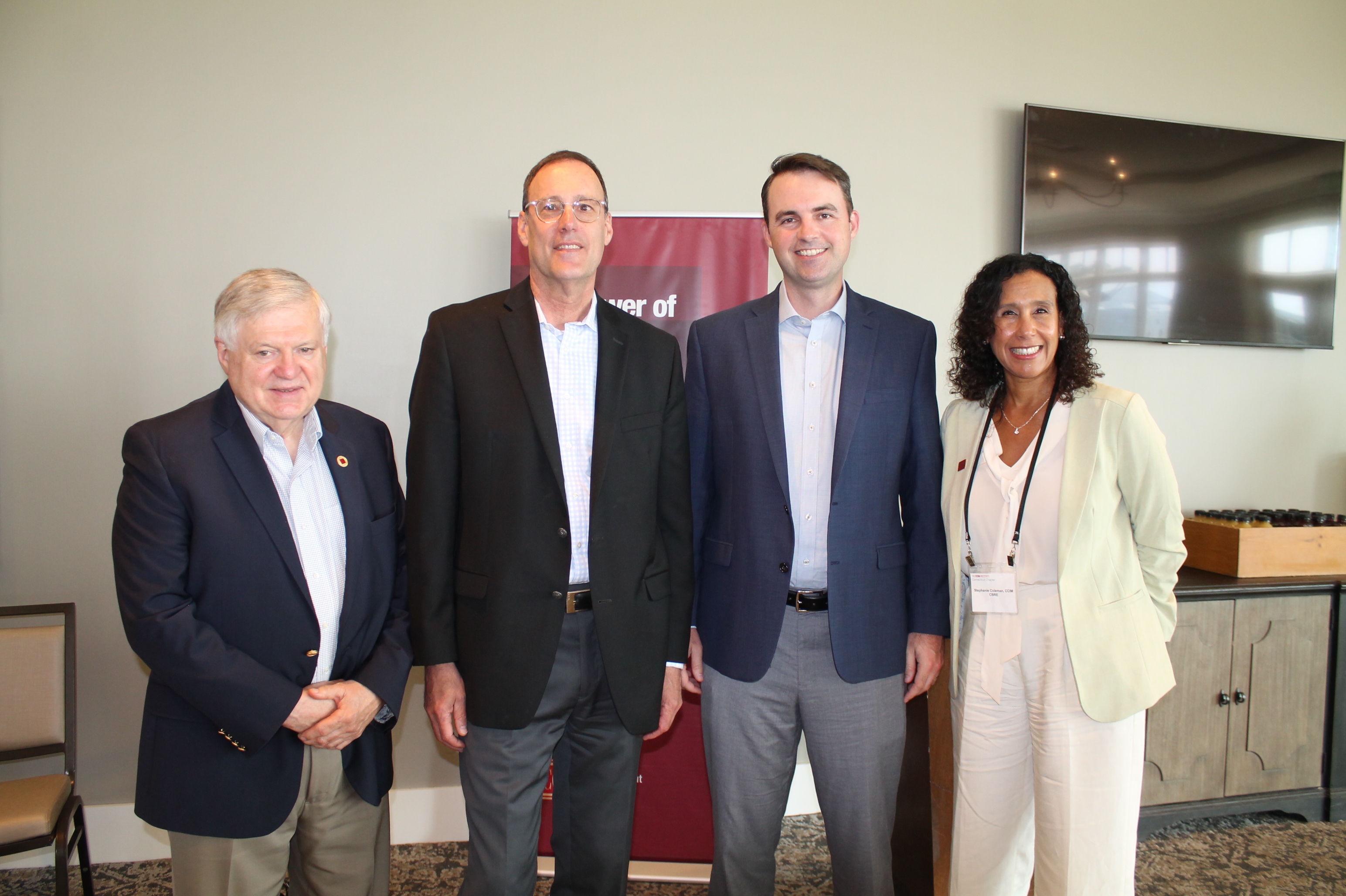News: Connecticut
Posted: May 19, 2011
Teich explains special purpose entities and the limits of bankruptcy remoteness
Special purpose entities (SPEs) are commonly used by commercial real estate borrowers to obtain favorable financing from lenders. Borrowers owning multiple projects will often create separate project-level SPEs, each set up to own a single project as its sole asset. The organizational documents of each SPE typically contain specific provisions requiring that it maintain a separate legal existence from the parent and affiliates. By virtue of being structured this way, the performance of each individual project-level SPE stands by itself and is unaffected by the financial affairs of the parent company or other projects held by affiliates. Each SPE is thus said to be "bankruptcy remote". For these reasons, the single asset SPE structure is particularly comforting to lenders providing financing to a specific project or property. However, as recent case law suggests, there are limits to the concept of bankruptcy remoteness.
In the Chapter 11 case of In re General Growth Properties, Inc. et. al. (2009), the U.S. Bankruptcy Court for the Southern District of New York considered claims by several creditors of bad faith filings by approximately 750 single asset SPE debtors wholly owned by General Growth Properties, Inc. At the time of the petitions, some of the debtors were meeting their credit obligations while others had defaulted. The creditors argued that the single asset SPE structure required that each individual debtor consider only its own financial affairs in deciding whether to file and that many of the debtors were not in financial distress. The court found, however, that it was appropriate for the debtors to consider the interests of the entire company in addition to their own. The court noted in particular the fact that the independent managers of the debtors were permitted by their operating agreements and by Delaware corporate law to consider the interests of the entire company and its shareholders. Furthermore, although many of the loans to the individual debtors were not due to mature for several years, based on the general state of the credit market serious uncertainty existed as to whether the company or the individual debtors would be able to refinance to meet those obligations. Thus, the court found that the debtors did not file in bad faith and acted appropriately in considering the interests of the entire company.
The General Growth case should serve as a warning to lenders that the use of the single asset SPE structure does not guaranty that an entity will be bankruptcy proof. Lenders are well advised to investigate the financial health of the parent company and affiliates in addition to the individual borrower. Lenders may also want to consider having the principals of the borrower either unconditionally guaranty payment or sign a so-called "Bad Boy" Guaranty. "Bad Boy" Guaranties are agreements that carve-out exceptions to non-recourse loans where personal liability of the borrower and its principals will be triggered. Included among the various non-recourse carve-outs is typically language triggering the personal liability of the borrower and principals upon the filling by the borrower of a bankruptcy petition. Although they may not prevent a bankruptcy, these agreements present a serious deterrent to any borrower contemplating bankruptcy.
Lenders should also pay particular attention to the borrower's organizational documents and the various interests management is obligated to consider. They should not assume, as apparently many of the lenders did in General Growth, that independent directors are necessarily obligated to consider only their interests. In order to ensure that their interests are adequately protected, lenders should evaluate the need for approval rights with respect to independent directors or express language in the organizational documents requiring consideration of their interests in certain situations. As evidenced by the recent decision of the U.S. Bankruptcy Appellate Panel for the Tenth Circuit in In Re DB Capital Holdings, LLC (2010), courts may even give effect to provisions in a borrower's organizational documents that prohibit the borrower from voluntarily filing for bankruptcy. However, lenders should be careful when demanding these provisions, as the court specifically declined to address whether such provisions would be enforceable where evidence of lender coercion is present.
Matthew Teich, Esq. is with Halloran & Sage, LLP, Hartford, Conn.
Tags:
Connecticut
MORE FROM Connecticut
Highcap Group brokers $41.1 million sale of two building multifamily portfolio
Norwalk, CT Highcap Group has completed the sale of two luxury multifamily properties with a total of 120 units for a combined purchase price of $41.4 million.








